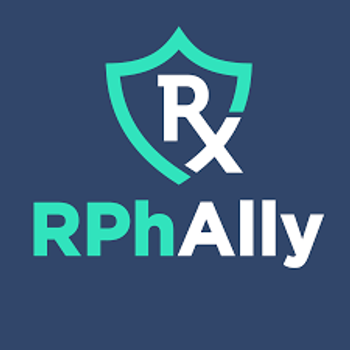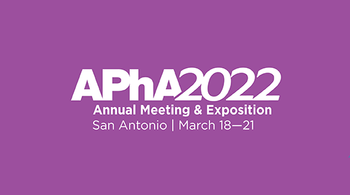
Pharmacists Could Be Solution to Drug Shortages
Why pharmacists should be part of the drug supply chain.
Drug shortages have been in the news recently, especially after devastating hurricanes hit Puerto Rico last year,
Often, pharmacists are left on the sidelines of such shortages, forced to come up with alternative methods of care for their patients using the meds they can get a hold of. But a new
Supply Chains
In most of the world, including the United States, drug supply chains are generally run by administrators with training in supply line management, meaning that the managers of supply lines often have little to no clinical training. But perhaps, FIP suggests, having an expert on the clinical side of medications could prove invaluable in optimizing the flow of medications to where they are needed.
According to People that Deliver (
- Advise on product specifications (e.g., active ingredient, form, pharmacopeia standard) for the procurement of medicines
- Describe the principles and processes of category management for medicines (e.g., medicines categorized by similar use or storage needs, such as cold chain, antiretroviral medicines, controlled substances such as narcotics and psychotropics), including market segmentation principles for common needs and interests.
- Maintain a working knowledge of the handling requirements for medicines
- Identify medicines by their generic name, and have a general understanding of what medicines are used for
- Implement key security systems and appropriate levels of access for the workplace where medicines are stored (e.g., including, narcotics, other controlled substances and investigational medicines, etc.)
These skills are all well within the average pharmacist’s armamentarium already, indicating that pharmacists could be a vital part of a group.
Pharmacist Distributors
In the United States, according the report, very few distribution centers employ pharmacists. Instead, tasks of order fulfilment and forecasting are usually accomplished by a combination of algorithms and supply chain experts.
However, this is not the case in much of Europe. In France, for example, pharmacists are required to be involved in every step of the distribution process.
Any company in France with at least one distribution center must have on their board-or somewhere in management-a licensed pharmacist. Those pharmacists, known as chief pharmacist officers, organize and monitor the flow of medications and ensure proper storage and handling practices.
That’s not to say that these duties line up completely with what is being taught in pharmacy school. Pharmacists pursuing this career generally follow the industry track on their six-year education that results in a doctorate of pharmacy. Those pharmacists also usually obtain another master’s degree in pharmaceutical distribution or quality management.
The need for additional training in supply chain management seems to be an obvious step for pharmacists interested in becoming a part of this operation-a sentiment echoed by non-pharmacist supply chain experts surveyed by FIP. However, the FIP report still concludes that “the expertise of pharmacists as medicines experts is needed as part of a team approach to supply chains.”
Newsletter
Pharmacy practice is always changing. Stay ahead of the curve with the Drug Topics newsletter and get the latest drug information, industry trends, and patient care tips.























